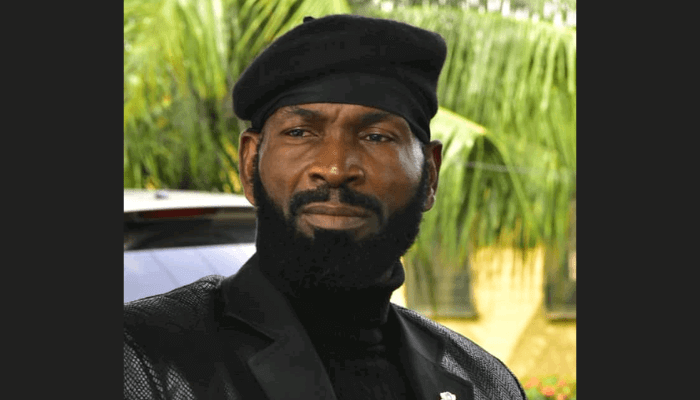Sylvester Madu, a prominent Nollywood actor, has ignited a conversation about the prevalence and acceptance of second-hand items, commonly referred to as “Okrika,” in Nigeria. In a video that quickly gained traction on social media, Madu asserted that a significant majority, approximately 80%, of Nigerians utilize Okrika products. He challenged the prevailing stigma associated with these goods, extending the concept beyond clothing to encompass various items, including cars and electronics. Madu’s statement underscores the reality of Okrika’s widespread use in Nigeria, cutting across socioeconomic strata and reflecting the practicality and affordability that these items offer in a challenging economic environment. His comments have sparked a broader discussion about consumerism, economic realities, and the perceived social implications of using second-hand goods.
Madu’s argument centers on the normalization of Okrika within Nigerian society. He dismisses the notion that using second-hand items should be a source of shame or embarrassment, highlighting the hypocrisy of those who criticize Okrika while likely using such goods themselves. He uses the analogy of cars and televisions to illustrate his point, arguing that many Nigerians own second-hand versions of these items without acknowledging the parallel to Okrika clothing. This comparison aims to dismantle the perceived hierarchy of second-hand goods, suggesting that the underlying principle remains the same regardless of the item in question. His rhetorical question, “Or you think it’s only clothes that is Okrika?”, directly challenges viewers to confront their own consumption habits and biases.
Beyond his assertion about the prevalence of Okrika usage, Madu also addresses the economic dimension of the trade. He explicitly states that Okrika is a legitimate business, emphasizing its potential as a viable source of income. This perspective shifts the narrative from simply acknowledging the reality of Okrika consumption to recognizing its contribution to the informal economy. He encourages viewers to see beyond the stigma and appreciate the entrepreneurial opportunities that the Okrika market presents. This stance aligns with the realities of many developing economies where the second-hand market plays a significant role in providing affordable goods and generating employment.
Madu’s comments carry significant weight due to his status as a public figure. His willingness to openly discuss a topic often shrouded in societal judgment encourages a more open and honest conversation about consumption patterns in Nigeria. His defense of Okrika as a legitimate business and a widespread practice challenges the prevailing narrative that associates it with poverty or lower social standing. By framing Okrika as a pragmatic choice for many Nigerians, he indirectly addresses the economic realities that drive its popularity. This intervention from a respected figure like Madu adds legitimacy to the discourse surrounding Okrika and its role within the Nigerian economy.
The response to Madu’s video underscores the deeply ingrained perceptions surrounding Okrika in Nigerian society. While some individuals may view his comments as a validation of their own consumption choices, others might perceive it as a controversial statement that challenges societal norms. Regardless of individual reactions, Madu’s intervention has undeniably sparked a public conversation about a topic that is often discussed in hushed tones. This dialogue is essential for dismantling harmful stereotypes and fostering a more nuanced understanding of the economic and social dynamics that underpin the Okrika trade.
Ultimately, Sylvester Madu’s public statement about Okrika serves as a catalyst for a much-needed conversation about consumerism, economic disparities, and the realities of life in Nigeria. His candid assessment challenges societal prejudices and encourages a more pragmatic view of second-hand goods. By normalizing the use of Okrika and highlighting its economic significance, Madu contributes to a broader societal shift towards greater acceptance and understanding of this prevalent practice. His intervention opens the door for a more inclusive and honest discussion about the various factors that influence consumer choices in Nigeria, ultimately moving beyond simplistic judgments and embracing the complexities of economic realities.


